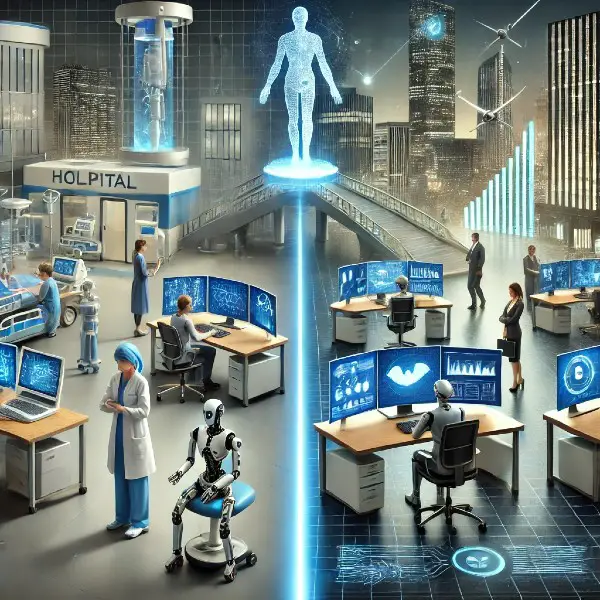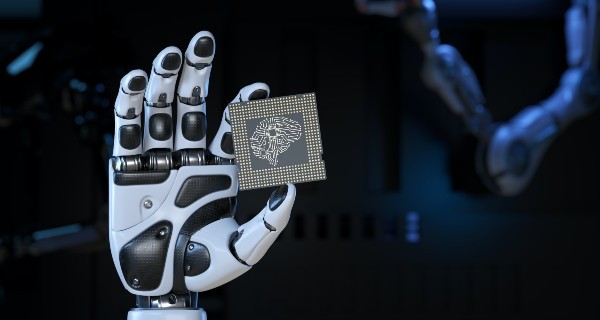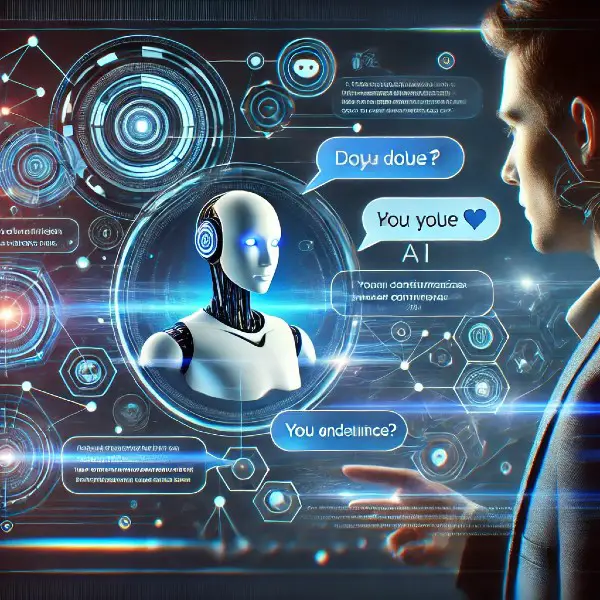AI horizon Artificial Intelligence is at the forefront of transforming industries, and healthcare and business operations are no exceptions. The intersection of AI with these sectors is not just changing how tasks are performed but also redefining the workforce of the future. As AI continues to evolve, its integration into healthcare and business is expected to lead to significant advancements, reshaping the way we work and interact with technology.
In the healthcare sector, AI has already made significant strides. From automating administrative tasks to enhancing diagnostics through machine learning algorithms, the impact of AI is profound. AI-driven tools can analyze vast amounts of medical data to predict patient outcomes, identify potential health risks, and personalize treatment plans. These advancements not only improve patient care but also alleviate the workload of healthcare professionals, allowing them to focus on more complex and critical tasks.
AI Horizon is Revolutionizing Healthcare and Business Operations
Similarly, in the business world, AI is transforming operations across various domains. AI-powered systems are being utilized for customer service, predictive analytics, supply chain management, and more. Businesses are leveraging AI to make data-driven decisions, optimize processes, and enhance customer experiences. This shift towards AI-driven operations is creating a demand for a workforce that is skilled in AI technologies, leading to new job roles and opportunities.
However, the integration of AI into healthcare and business raises important questions about the future of work. As AI takes over routine tasks, the workforce will need to adapt to new roles that require advanced skills in AI and technology management. Continuous learning and upskilling will be essential for professionals to stay relevant in this evolving landscape. Additionally, ethical considerations surrounding AI, such as data privacy and the potential for job displacement, must be addressed to ensure that the benefits of AI are realized without compromising human welfare.
In conclusion, the future of AI in healthcare and business is promising, with the potential to drive innovation and efficiency. However, it also presents challenges that need to be carefully managed. As we move forward, a collaborative approach between technology and human intelligence will be crucial in shaping a future where AI enhances rather than replaces the human workforce.
Reference
- AI Horizon in Healthcare: The integration of AI in healthcare has reached a pivotal point, where its potential to revolutionize patient care is both exciting and daunting. According to Harvard Business Review, the AI horizon in healthcare is defined by innovations that can enhance diagnostic accuracy, streamline clinical workflows, and improve patient outcomes. However, these advancements also come with challenges related to data privacy, ethical considerations, and the need for rigorous validation of AI tools. As AI continues to evolve, healthcare systems must balance the benefits with the inherent risks.
- AI Horizon and Ethical Implications: As AI technology advances, it’s critical to address the ethical implications that arise at the AI horizon. A report by The Brookings Institution highlights the importance of transparency, accountability, and fairness in AI systems, particularly in public sectors such as healthcare. The report discusses how AI’s potential to improve efficiency and decision-making must be tempered with strong ethical guidelines to prevent biases and ensure equitable access to AI-driven innovations.
- AI Horizon and Future Opportunities: The AI horizon is not only about the current state of technology but also about the future possibilities it presents across various industries. McKinsey & Company explores how AI is poised to unlock new opportunities, from enhancing customer experiences to driving operational efficiencies. As industries navigate the AI horizon, they must remain agile and adaptable, embracing the technology while addressing the challenges it poses, such as workforce displacement and the need for reskilling.









